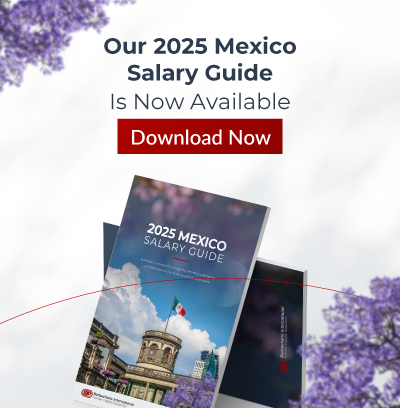
A few months ago, a U.S.-based client came to us needing a senior leader to oversee operations across Mexico and South America. On paper, they were looking for “global talent.” But as we reviewed their shortlist, every candidate was U.S.-born, U.S.-educated, and had built their entire career without ever leading in Latin America.
I asked them one question: “Do you want someone who’s global, or someone who looks global?”
It changed the conversation.
This happens more often than you’d think. Companies say they want international expertise. They talk about diversity. They say bilingual and bicultural talent matters. But when the hiring process kicks off, old habits take over. Familiar resumes win. Local biases resurface. And the very people who could lead across cultures and borders are passed over.
The Familiar Feels Safer, But That’s the Problem
It’s natural to be drawn to what you know: a well-known school, a recognizable company, someone who sounds just like the rest of your leadership team. The problem is, global business doesn’t thrive on sameness. It grows when leaders bring distinct perspectives and adapt across realities.
I’ve seen executives struggle not because they lacked skills, but because they tried to lead in Mexico the same way they led in Ohio. It rarely works.
A SAGE study on bicultural competence shows that leaders who can switch between cultural frameworks significantly improve team effectiveness in multicultural settings, something many hiring decisions still overlook.
Bilingual Doesn’t Mean Secondary
In too many companies, bilingual and/or bicultural professionals get pigeonholed into support roles, not strategic ones.
Yet the best global leaders I know effortlessly shift tone and approach mid-meeting, switching cultural frames almost as naturally as language. That’s not a translation. That’s leadership in action.
Studies in cross-cultural competence and cultural intelligence show bicultural leaders demonstrate significantly higher cultural intelligence (CQ) and adaptability, exactly what multiregional roles demand.
Local Insight Isn’t Optional
One of the biggest blind spots I see in global hiring is how companies try to copy-paste their hiring process from headquarters into markets like Mexico, Brazil, Chile or Colombia.
They apply the same assessment tools. The same compensation benchmarks. Many times, even the same job description, just translated. But context matters. Labor dynamics are different. Leadership styles are different. What motivates employees is different.
And if you don’t adjust your lens, you might end up hiring someone who checks the right boxes on paper, but doesn’t actually move your business forward in the region.
This is especially true in Mexico, where, according to a recent study by OCC Mundial, 50% of companies report they don’t have the right leadership in place to meet their business goals. That gap isn’t just about skills. It’s about fit, and fit looks different across borders.
What We’ve Learned at Barbachano
At Barbachano International, we’ve helped clients in manufacturing, automotive, medical devices, technology and beyond hire executives who succeed in cross-border roles, not because they fit a mold, but because they’re able to lead in multiple worlds.
These are people who don’t just speak two languages. They listen differently. They navigate friction without creating noise. They build alignment where others struggle to gain traction.
But they often don’t look like the “usual” candidate. And that’s exactly why they work.

By Fernando Ortiz-Barbachano
President & CEO of Barbachano International
Barbachano International (BIP) is the premier executive search and leadership advisory firm in the Americas with a focus on diversity & multicultural target markets. Since 1992, BIP and its affiliates have impacted the profitability of over 50% of Fortune 500 Companies. BIP has been recognized by Forbes as Americas’ Best Executive Search Firms and currently ranks #8 and #3 on the West Coast.

